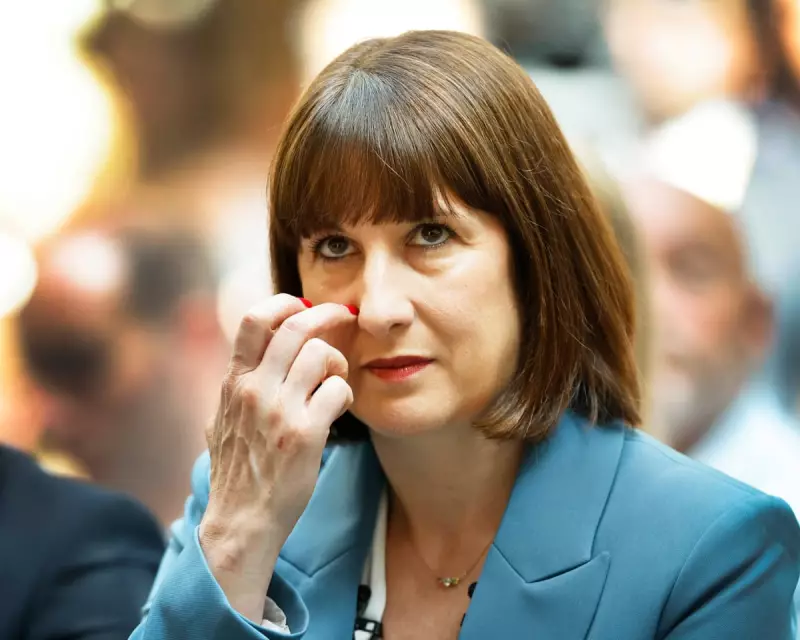
The UK's fiscal landscape has darkened considerably as official figures reveal government borrowing surged to a 26-year high in July. The Office for National Statistics reported public sector net borrowing, excluding public sector banks, reached £27.6 billion – the highest July figure since 1999.
Debt Interest Payments Skyrocket
This substantial increase, £8.5 billion more than the same period last year, was primarily driven by soaring debt interest payments. The government paid out £9.2 billion in interest on its debt pile in July alone, reflecting the ongoing impact of higher interest rates on public finances.
Welfare and Benefits Strain Budget
Alongside rising debt costs, increased spending on welfare and benefits contributed significantly to the borrowing spike. These figures present an immediate challenge to Chancellor Rachel Reeves, who has emphasised fiscal responsibility while facing pressure to fund public services and investment.
Reeves' Fiscal Tightrope
The Chancellor acknowledged the concerning numbers, stating they "underline the scale of the challenge we face" after inheriting public finances "that are battered and bruised." The data comes at a delicate time, with the government preparing for its autumn budget amidst constrained fiscal room.
Historical Context and Future Projections
July typically shows a budget surplus due to self-assessment tax receipts, making this borrowing figure particularly striking. The Office for Budget Responsibility had previously forecast borrowing of £21.1 billion for July, meaning the actual figure overshot expectations by over £6 billion.
With government debt interest now consuming a significant portion of tax revenue, the Chancellor faces difficult choices between maintaining fiscal discipline and delivering on Labour's ambitious investment plans for economic growth.




